Category: Uncategorized
He Went That Way
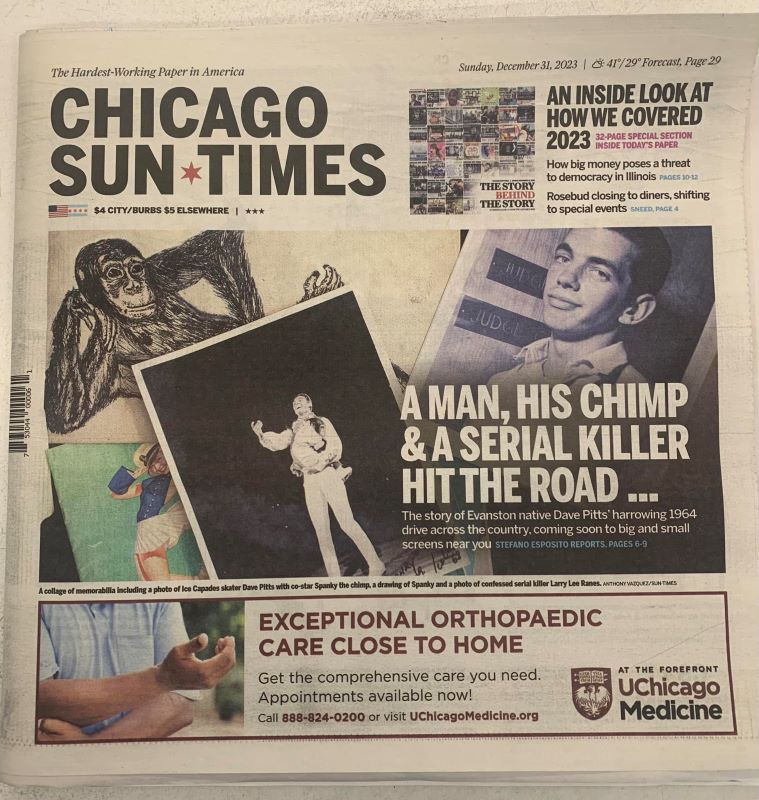
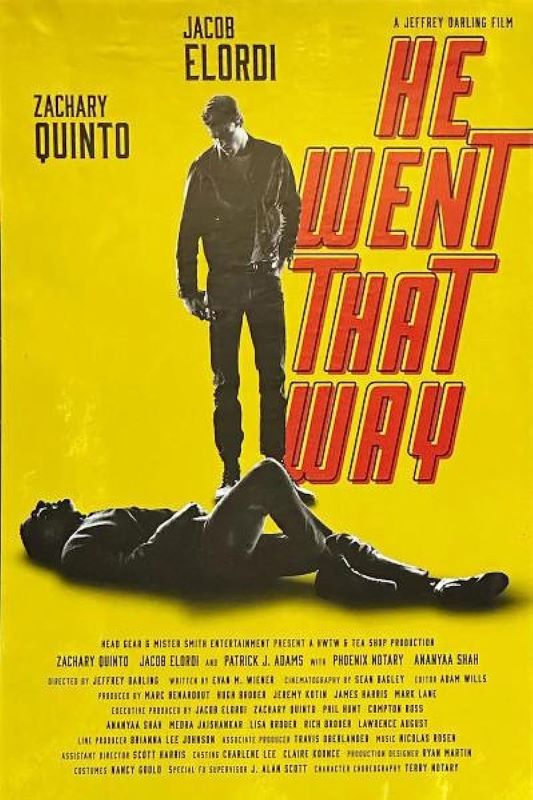
Me and my Emmy
Sarah skates with her two Emmys this month in EMMY Magazine.
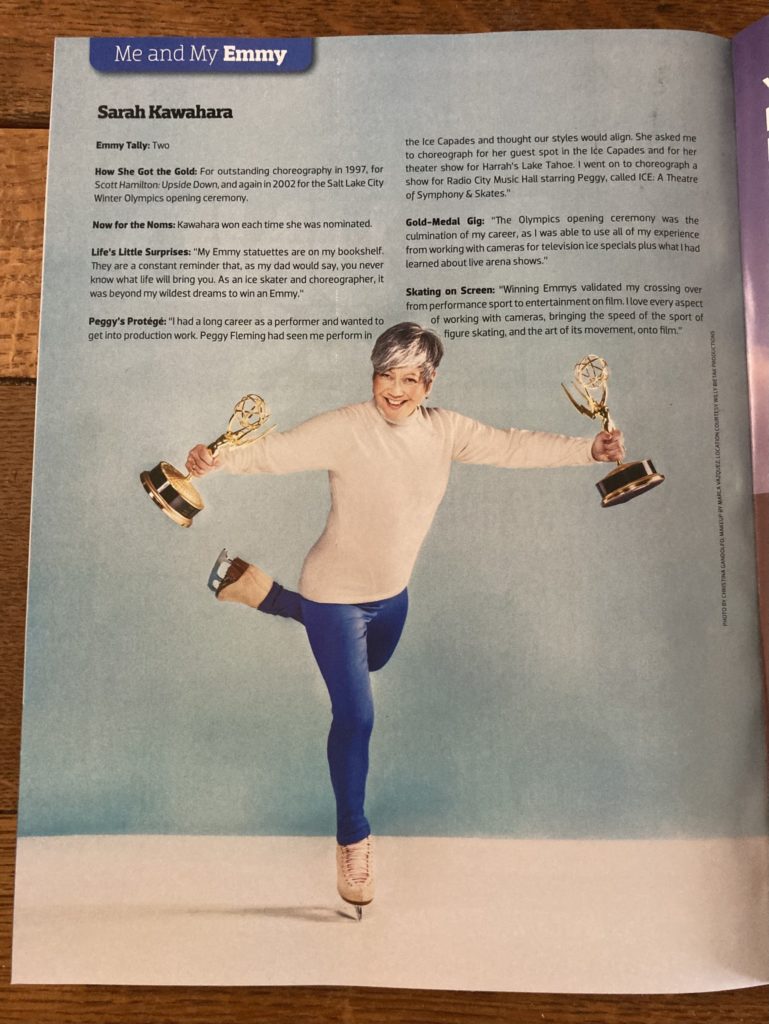
He Went That Way
A movie called “He Went That Way” has been released about the serial killer Larry Ranes who was on a killing spree. Our Dave & Spanky were driving from coast to coast in 1964 where they picked up Ranes. This movie is basically about Ranes but Dave & Spanky played an integral part of his story.
I help others’: Former Olympian gets candid about her struggles
Figure-skater Elizabeth Manley, who’s now a life coach, sticks the landing in Simcoe County; ‘Collingwood stole my heart,’ she says
-May 21, 2023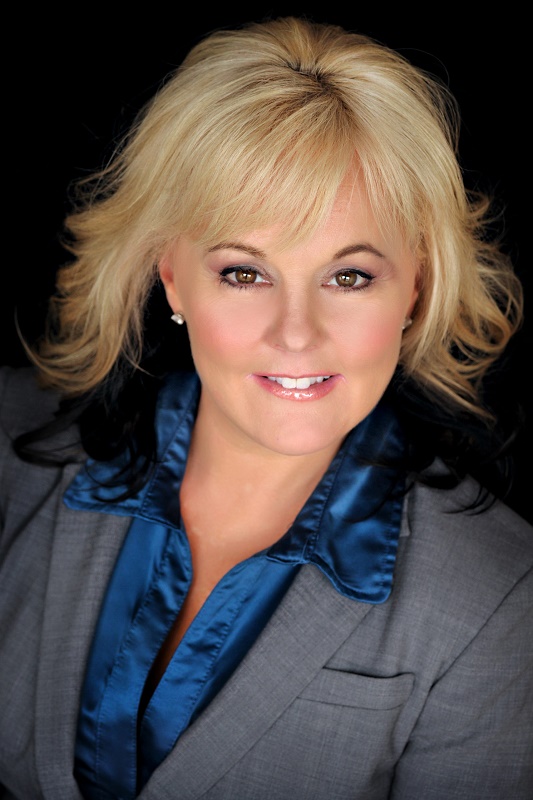
Elizabeth Manley is a former Olympian and a life coach
Figure skating might have been her first love, but Collingwood is Elizabeth Manley’s most recent obsession.
This week, we spoke with Manley, 57, former Olympian and life coach.
Q: For how long have you lived in Collingwood?
A: We moved here in February.
Q: Where did you grow up?
A: I was born and raised in the Belleville/Trenton area. I’m an air force brat. We were on the base there.
My whole career was in Ottawa.
I lived in the U.S. for 18 years. After I went pro, I was doing a lot of tours and TV. It was easier for me because it all existed in the States.
I moved back here in 2005 because both my parents took ill.
Q: Can you tell me about your experience as a figure skater?
A: I started skating when I was two-and-a-half years old. I skated as an amateur until I won the Olympics silver medal in 1988. I went to the world championships a month later. Then I turned pro.
I was professional until I was 50.
Q: What was it about figure skating that spoke to you?
A: All three of my brothers were hockey players. My dad also was a hockey coach. I was kind of stuck at the rink every weekend. In those days, there wasn’t girls hockey. It was a bit of a competitive instinct from a young age that I wanted to be better than my brothers.
My mom put me into skating and I instantly fell in love with it. I did other sports like track, swimming and gymnastics, but it got to a point where my parents said I needed to pick one.
I always knew it was going to be figure skating.
Q: When you were awarded the silver medal in 1988, how did that feel?
A: Well, I went through a very serious depression when I was 16. It was sport related. I think representing the country when I was 16 — I was competing internationally when I was 14 — I quit skating and I sought help. Getting help and going to therapy made me able to realize there was a person in me and I wasn’t just a robotic athlete.
I got to a point with my skating where it became a job and pressure, instead of loving it.
Getting that help brought the love back not only for the sport, but for myself.
I’m a huge advocate for mental health. I’m a professional speaker now, and an executive life coach. I help others.
Q: What made you want to make the move to Collingwood?
A: I fell in love with it. My in-laws have a house here.
I had gone through some rough times. I lost my mother to ovarian cancer and my father to Alzheimer’s. During that, I lost my marriage.
A lot of things happened to me and I found myself in a position where I needed to reach deep and find myself.
I reconnected with my crush from when I was in my 20s. Now, we’re married. His parents own a house here, but they wanted to spend more time in Toronto with grandchildren and other family. So, we moved into their house to take care of it.
I couldn’t be happier. I’m in a place in my life where I just want peace, and I want to help people.
Collingwood stole my heart.
Q: How are you spending your time now?
A: Now that I’ve moved to Collingwood, I want to spread my wings. I work with organizations, speak with company leadership, and will talk about mental health in the workplace. I’d like to get my feet wet here and get the word out.
I am working with the Collingwood Figure Skating Club to help with the kids. I do skating, life coaching and motivational speaking about mental health. I’ve spoken at more than 200 schools across eastern Ontario.
We have such a crisis right now with teens due to the pandemic.
Q: Is there anything else you’d like people in Collingwood to know about you?
A: I want to be more involved with this community, and be out there for them.
World Figure Sport’s Lifetime Achievement Award
Tommy Litz was presented with World Figure Sport’s Lifetime Achievement Award at the 2022 World Figure & Fancy Skating Championships on black ice. Thank you for all your contributions to Skating and to WFS since 2015! WorldFigureSport.org
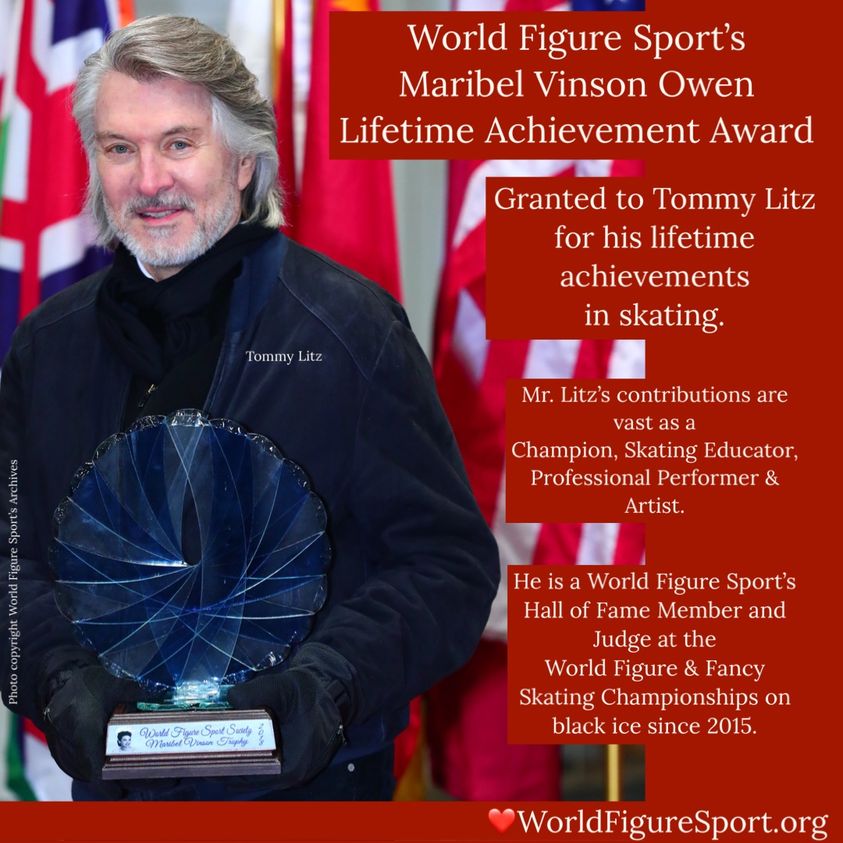
Senior couple finds Canyon Lake incredibly hospitable
Carolyn (Anton) Bennett was an accomplished ice skater and worked with the “Ice Capades” when on Christmas Day of 1973 while she was eating Christmas dinner she received a phone call that would change her life. The caller asked Carolyn if she would like to audition to ice skate every week on national television.
All Skater’s Reunion – May 1-3, 2023
Here’s Your Opportunity to Help Continue a Skating Legacy!
Here’s Your Opportunity to Help Continue a Skating Legacy!
By Jan O’Brien Coopman
There is a real need in the figure skating world, and you may help! To join in the goal of continuing the SP-Teri figure skating boot legacy, Olympian, PSA Master-Rated Coach, and new owner Bill Fauver is searching for investors to renovate a weather-damaged manufacturing, storage, and shipping facility.
How this came about
Some years ago, I decided to buy a new pair of figure skates because my former Ice Capades boots were clearly worn. At that time, a skating pro shop employee helped me to obtain a new pair of SP-Teri boots from George Spiteri in San Francisco.
Flash forward to 2010. After a big move from Chicago to Texas, I managed to briefly skate for a sweet 15 minutes at the Dallas Galleria: but that was it. Now at year 17 of MS, I sadly decided to sell my barely used newer skates because I felt it time for someone else to enjoy using them—rather than having the skates adorn my closet in a box. One exploration led to another. I discovered that SP-Teri moved, and George Spiteri retired in 2019.
Three years ago, SP-Teri transitioned in location and ownership from South San Francisco to near Nashville, Tennessee with Bill Fauver. The issue is that the new spot was soon afterward destroyed by a tornado—and then, after relocating to McEwen, further damaged by a historic flood (a state record 31” of rain in 24 hours fell there). Rebuilding will take assistance. If you’re able to help, Fauver and those in McEwen will be grateful (as will many skaters relying upon SP-Teri boots).
The Fabulous Ice Age
Keri Pickett & Roy Blakey, “The Fabulous Ice Age”
Video has closed captioning.
“The Fabulous Ice Age” chronicles the era of the great American touring ice shows revealing how, with their dazzling production numbers and variety acts, they dominated family entertainment for decades. It also depicts one skater’s quest to keep this history from being forgotten.
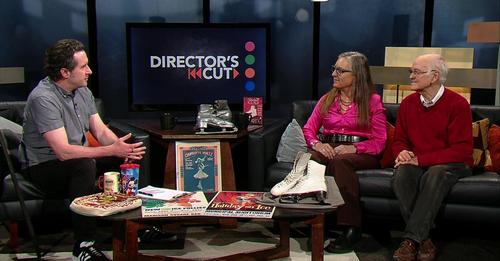
https://video.pbsutah.org/…/keri-pickett-roy-blakey…/

